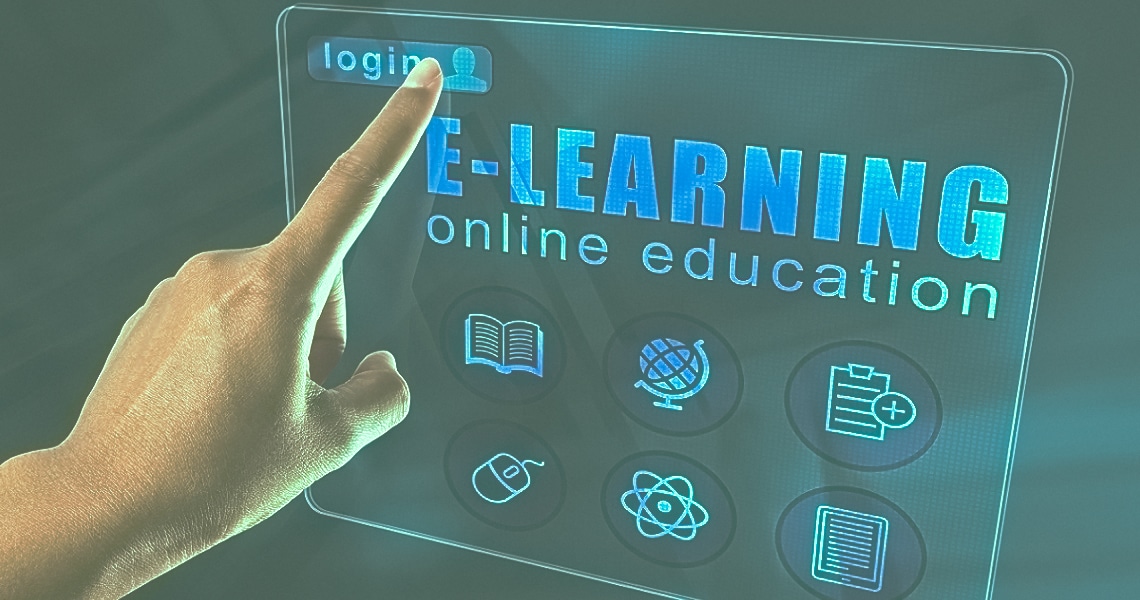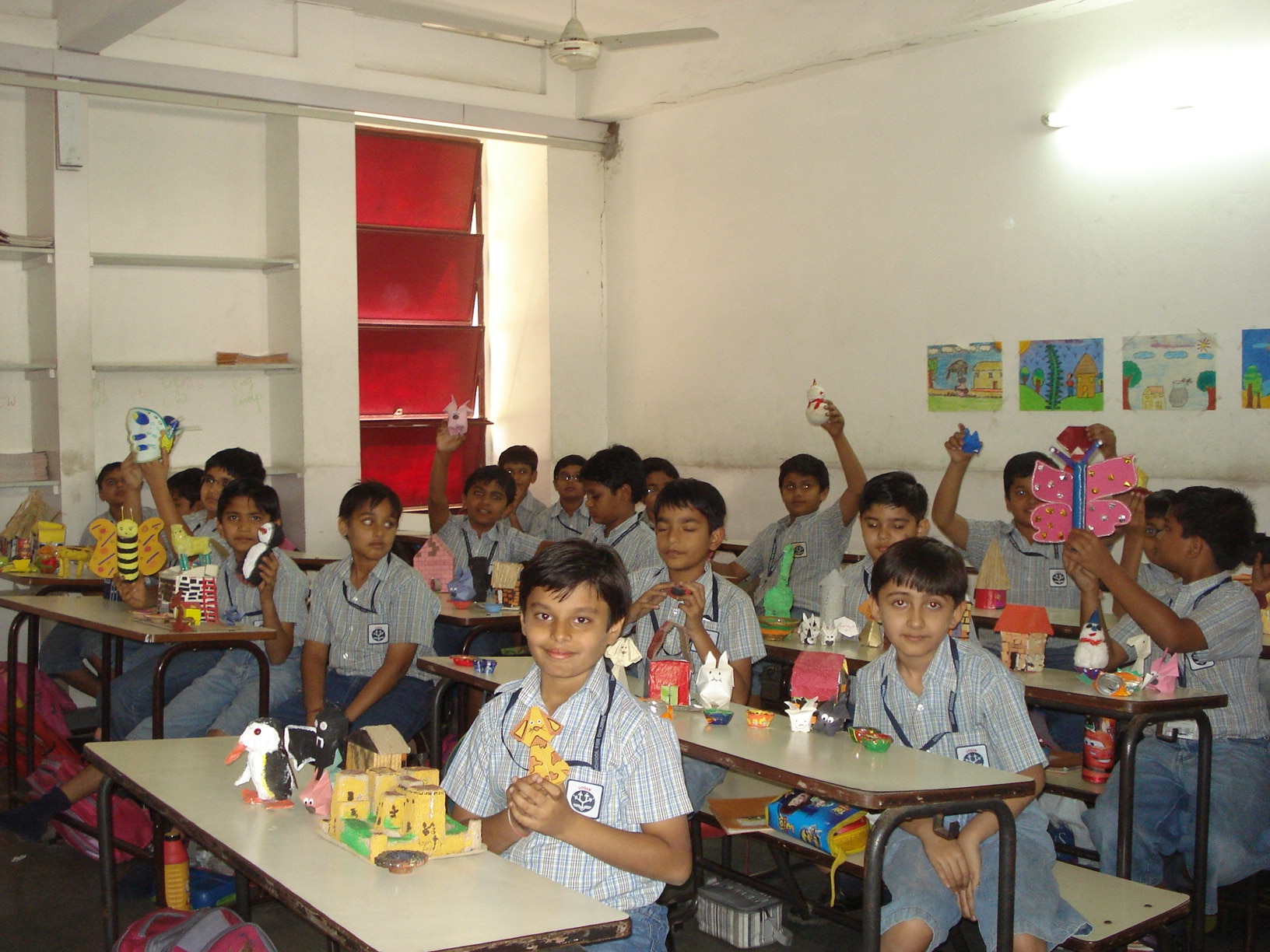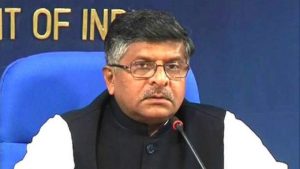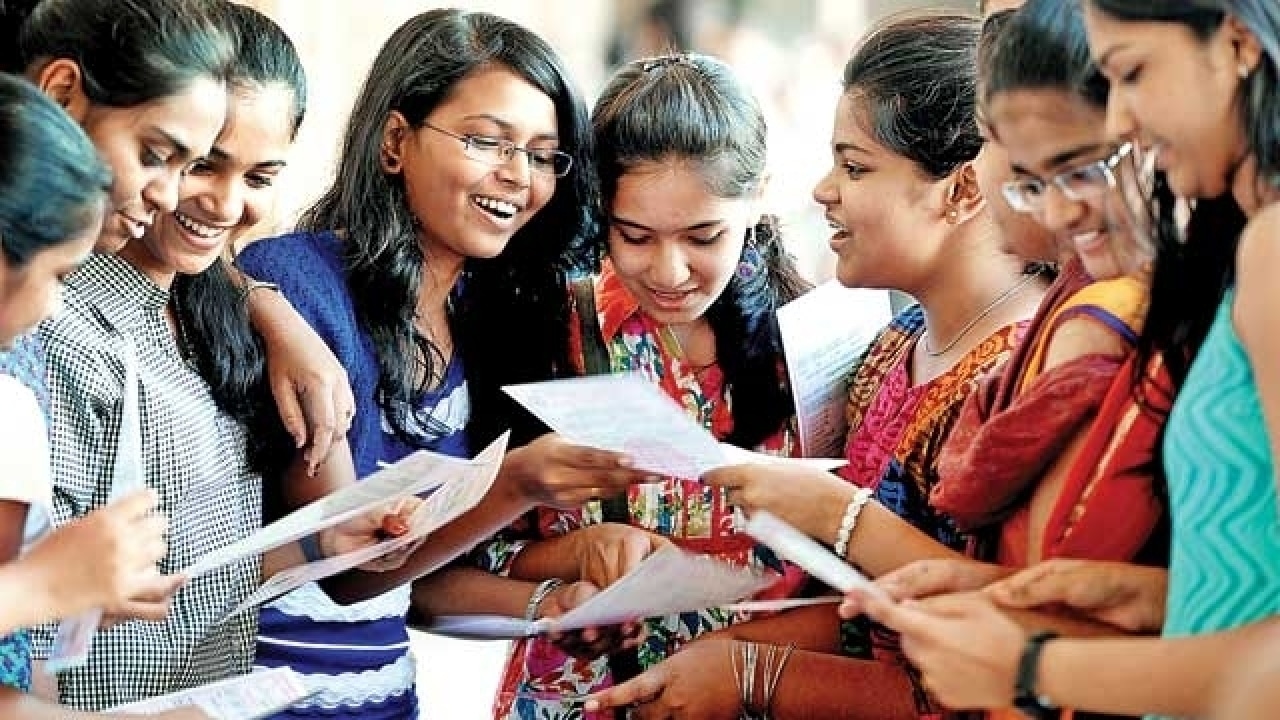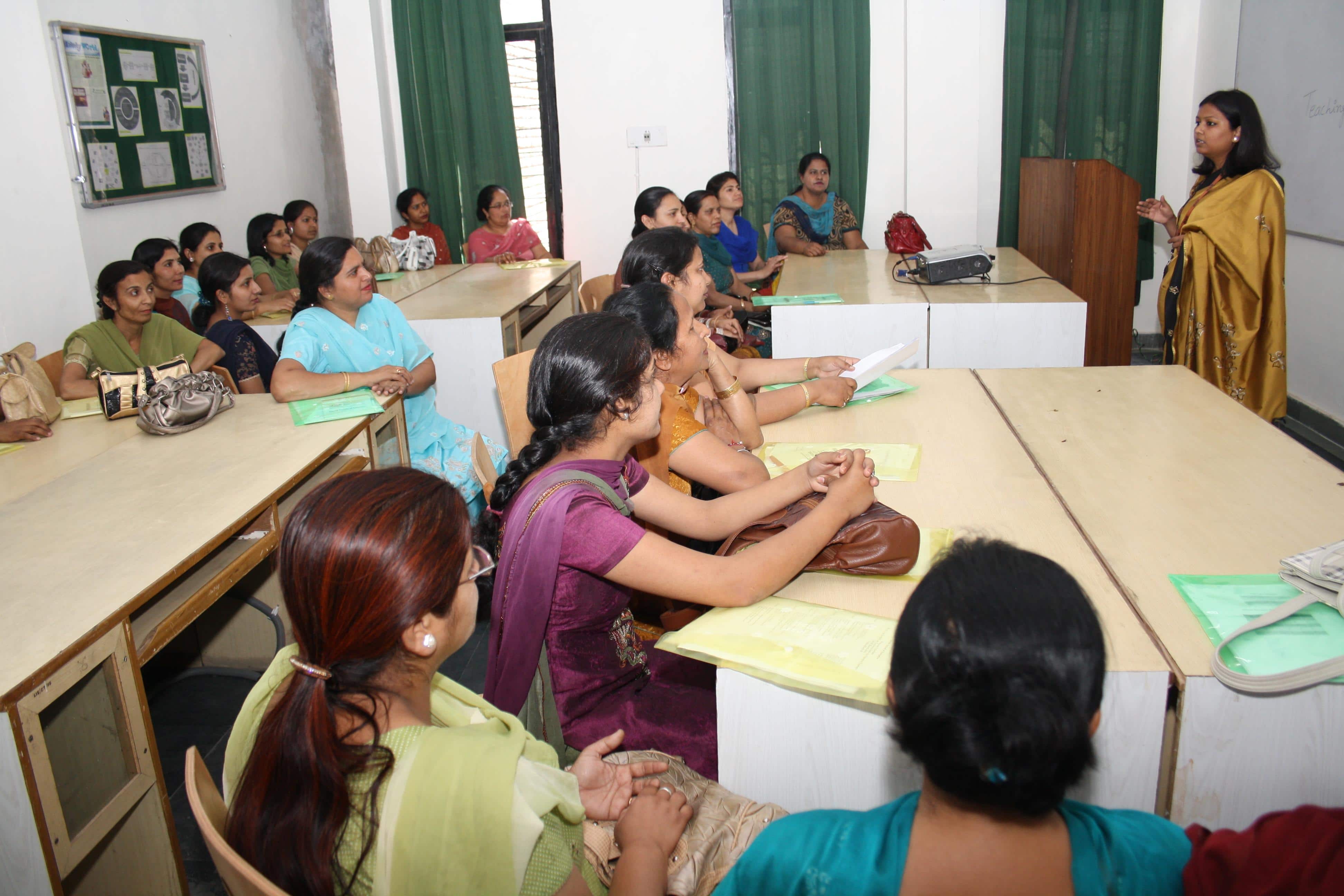The debate of the crossover from Traditional learning to Digital techniques has been going on for a very long time. In fact it may safely be stated that the digital method is here to stay, writes Maureen Lobo, Dean – Academics, ITM-IHM, for Elets News Network (ENN).
There is nothing more suitable to today’s fast paced generation. Conventional lectures are passé and on line courses and study material which is easily accessible anywhere, on any device, is becoming the norm. The World Wide Web is the most efficient information channels for users the world over. The Internet has taken over; an explosion of information is available at a click of a button. A UN Report of 2015 states that over 3.2 billion are plugged to the Net. Is there any doubt that the number today would be even more minding boggling?
Arguments for the Traditional method of learning range from–personal touch, more interactive, the teacher is the fount of all knowledge. However, online teaching and learning offers flexibility and one may learn at one’s own pace. This makes the learner responsible for his/her own learning and the onus is shifted from the teacher to the learner. The learning becomes student centric. While the traditional, classroom teaching limits one to the brick and mortar buildings and to certain demography, on line teaching can reach a wide range of people across the Globe.
So how does this affect the Hospitality Industry?
The Hospitality Industry witnesses one of the highest turnovers. The cost of Training individuals and groups works out to be a costly affair. If the new entrants and current employees are given the opportunity to undertake tests, learn new Modules, gather information on line, it will be a cost saver and each one is comfortable working within an expanded time frame. Being a part of the Service sector, Hoteliers may complain that they would need to have face to face interaction to know if the candidates are suitable or not. While an Interview should take care of this aspect, the rest of the training sessions could largely be relegated to online learning.
Today, most of the Marketing, Branding, and Feedback are done digitally. It is rightly said, if you are not visible on the electronic media, you are a fossil!! If more than 70% of the world’s consumers with disposable incomes are being reached on a common platform, it is an efficient way to communicate. Moreover, most online portals are interactive and almost every Hotel chain, stand alone restaurant and Quick service restaurants have their digital presence and personnel to provide prompt assistance and feedback. They are also at the receiving end of brickbats if the guest’s experience has not been a great one.
Today, most Hotels have moved from traditional appliances and have electronic key cards and other technologically advanced means to enhance the quality of the customers’ experience. The quicker one realises the power, width and sometimes the misuse of the digital media the better one is prepared for the mobile generations to come.








